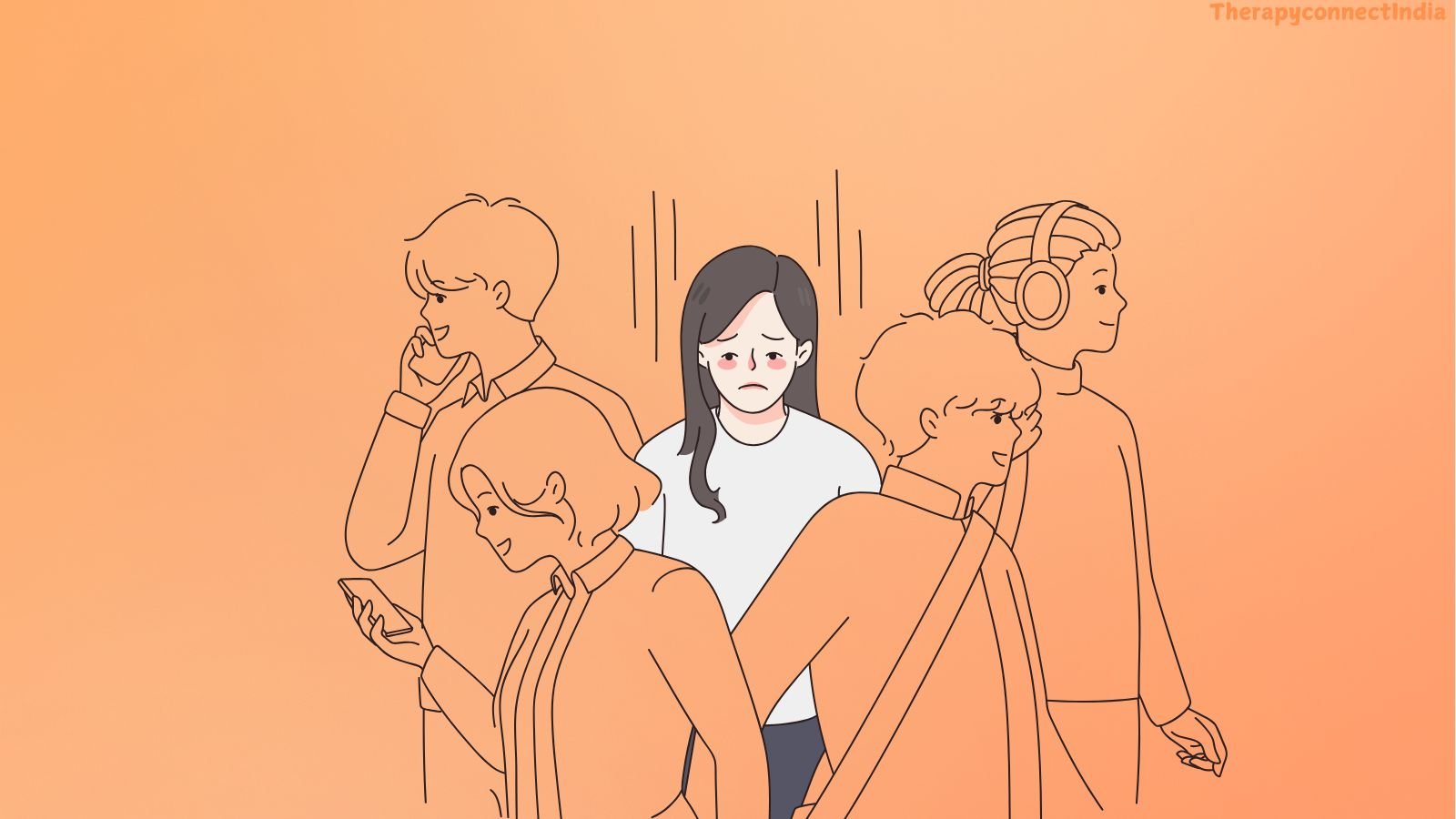High-Functioning Depression: Signs You Might Be Overlooking

Depression doesn’t always look the way we expect. Some people struggling with it manage to go to work, take care of responsibilities, and even appear cheerful on the outside. This is known as high-functioning depression—a condition where a person deals with persistent sadness, exhaustion, and self-doubt while still keeping up with daily life. Because they seem "fine" to others, their struggles often go unnoticed, even by themselves.
Understanding high-functioning depression symptoms can help individuals recognize their own emotions and seek support. Left untreated, this condition can lead to burnout, worsening mental health, and a decline in overall well-being.
High-functioning depression is often linked to Persistent Depressive Disorder (PDD), also called dysthymia. Unlike major depression, where symptoms can be severe and disabling, high-functioning depression allows people to continue with their routines while still experiencing ongoing emotional distress.
Someone with hidden depression may:
Since these individuals continue performing well, others may not realize they are struggling. Even the person experiencing it may brush off their feelings, assuming "this is just life" or "everyone feels this way."

1. Constant Fatigue That Doesn’t Go Away
Feeling tired after a long day is normal, but with high-functioning depression, exhaustion is persistent. You might sleep well, eat right, and still wake up feeling drained. This fatigue is not just physical—it’s mental and emotional. Tasks that used to be easy may now feel overwhelming.
2. Persistent Self-Doubt and Negative Self-Talk
People with functional depression often doubt their abilities and achievements. They might:
This inner criticism can be exhausting and prevent them from feeling true satisfaction in life.
3. Productivity as a Coping Mechanism
Some people with high-functioning depression become overachievers to distract themselves. They keep busy with work, house chores, or social commitments to avoid dealing with their emotions. While this makes them appear highly functional, they might be using productivity as a way to suppress their feelings.

4. Emotional Numbness
One of the lesser-known symptoms of hidden depression is emotional flatness. Instead of deep sadness, a person may feel indifferent or detached from things that used to bring them joy. They may:
This numbness can make life feel dull, even if everything seems fine on the surface.
5. Feeling Overwhelmed by Small Tasks
Daily responsibilities can feel much harder for those with high-functioning depression. Simple tasks like replying to emails, making phone calls, or even deciding what to eat can feel exhausting. This often leads to procrastination, making them feel guilty for not being "productive enough."
6. Irritability and Mood Swings
While depression is often associated with sadness, high-functioning depression can also show up as irritability. A person may:
Since they are already emotionally exhausted, even minor inconveniences can feel overwhelming.
7. Over-Reliance on Coping Mechanisms
Many people with hidden depression turn to unhealthy habits to cope. This can include:
While these behaviors might provide temporary relief, they often worsen mental health in the long run.

8. Trouble Sleeping or Unrefreshing Sleep
Sleep problems are common in high-functioning depression. Some may experience insomnia, struggling to fall or stay asleep. Others might sleep for long hours but wake up feeling unrefreshed. Sleep disturbances can increase feelings of exhaustion, making it harder to function during the day.
9. Feeling Disconnected from Others
Even if a person is social, they might feel emotionally disconnected. They may go out with friends or talk to family but feel like they’re just "acting normal" rather than genuinely engaging. This loneliness can make depression worse, even when surrounded by people.
10. Thinking "I Shouldn’t Feel This Way"
One of the biggest reasons high-functioning depression goes unnoticed is that people believe they shouldn’t feel depressed if they are successful, financially stable, or have a good life. They may dismiss their emotions, thinking:
This mindset prevents them from seeking help, making it harder to break free from depression.

Because people with high-functioning depression keep up with their responsibilities, they may not think they need help. Unlike major depressive disorder, which can significantly disrupt life, functional depression is often mild but long-lasting.
Additionally, many workplaces and cultures glorify overworking and pushing through stress, making it hard for people to recognize that their exhaustion might be linked to depression. Websites like Psychology Today provide insights into recognizing and addressing these hidden struggles.
If any of these signs feel familiar, it’s important to take action. Ignoring high-functioning depression can lead to burnout and worsen mental health over time.

High-functioning depression can be hard to recognize because people assume that if they are managing life, they are fine. But depression doesn’t always mean being unable to function—it can also mean constantly struggling to keep up. If you relate to any of these symptoms, know that support is available. Prioritizing mental health is just as important as physical health, and taking small steps toward self-care can make a big difference.
Understanding that you don’t have to feel this way forever is the first step toward healing. Seeking help isn’t a sign of weakness; it’s a step toward a healthier, more balanced life.